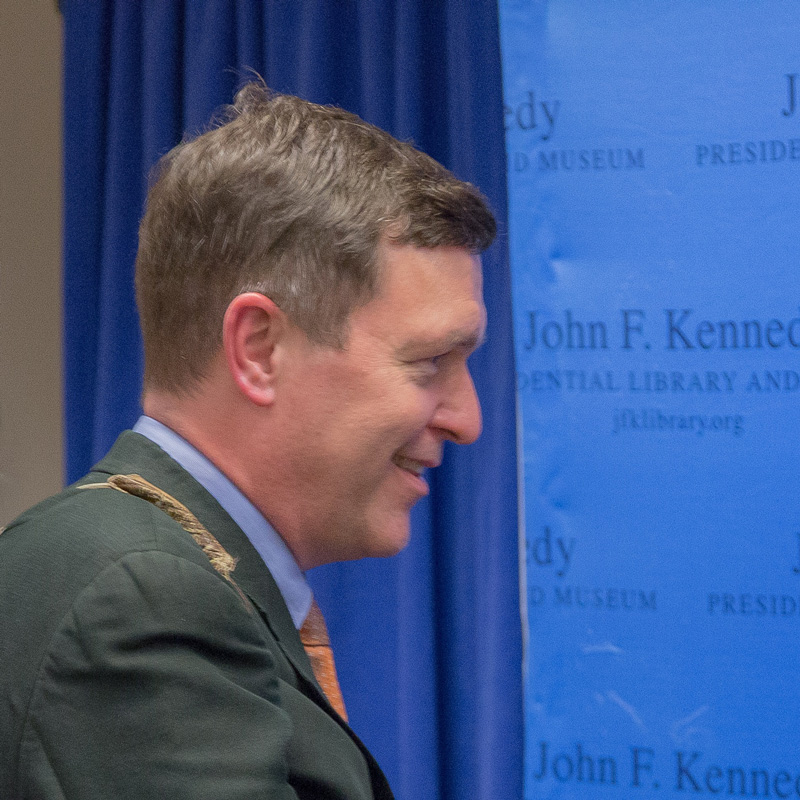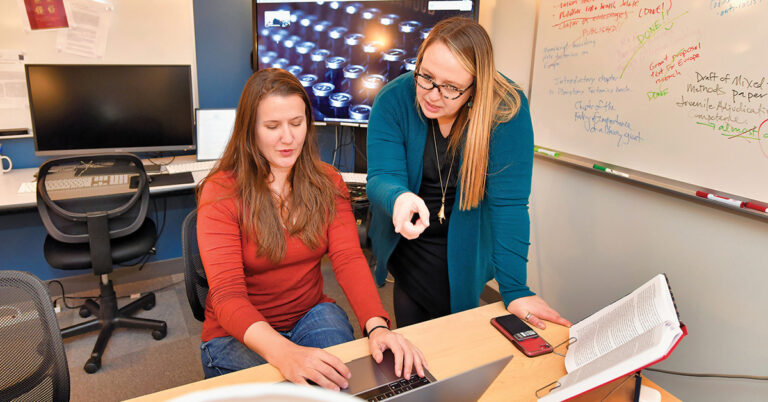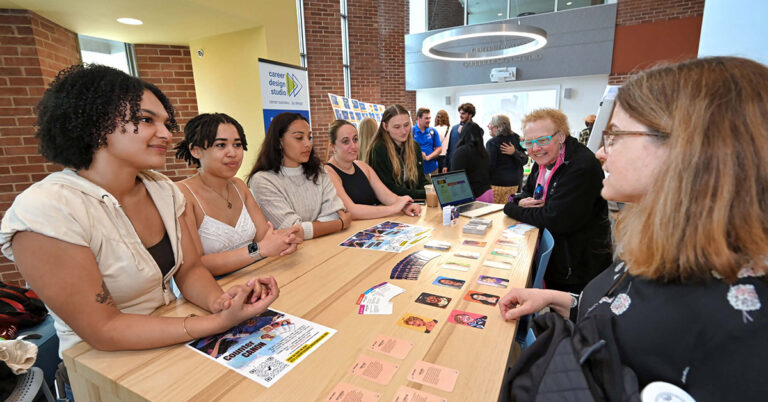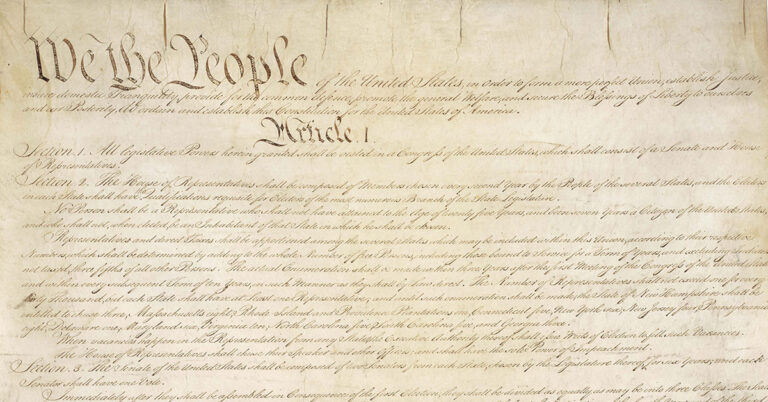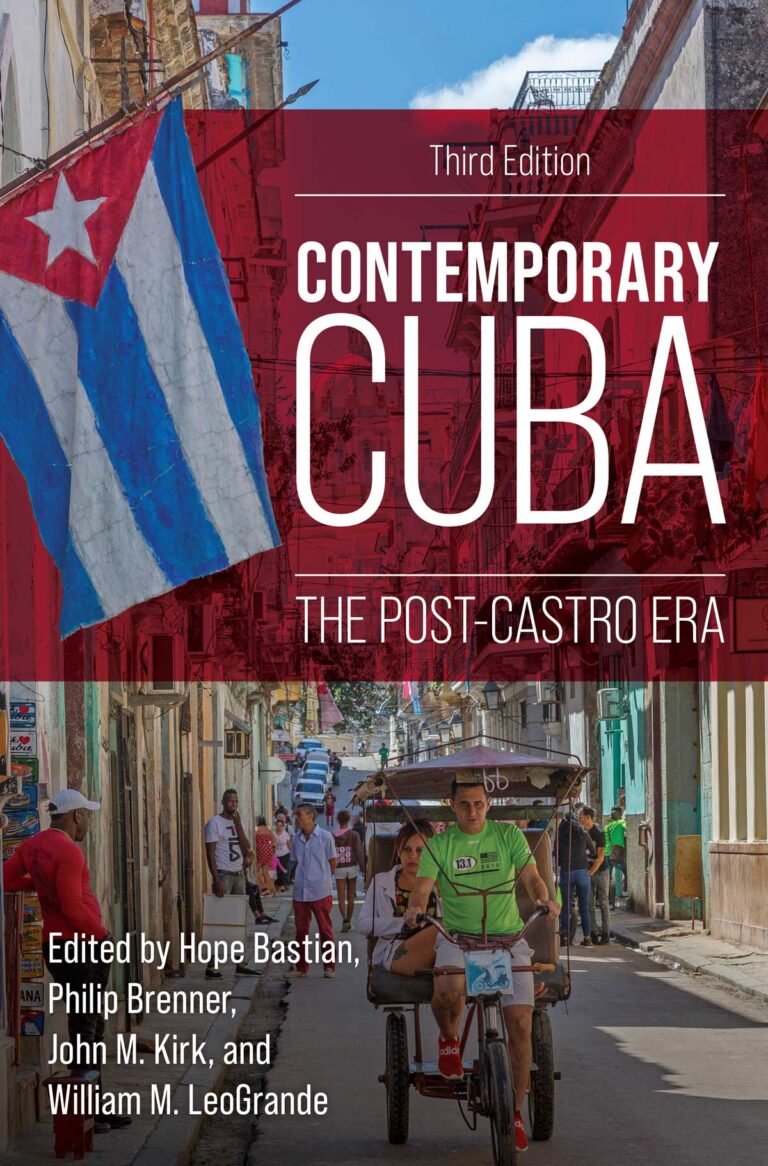Political Science Department
The Department of Political Science at Wheaton College seeks to educate its students about the past, present, and future of political life in this country and around the world. In so doing, we aim to empower students to become informed citizens who are able to think critically and speak confidently about the pressing problems and possibilities facing us as political actors today.
Our faculty members, all of whom are committed teachers and scholars, lead wide-ranging and intellectually engaging courses about the ways politics, power, and government are experienced in their various social, historical, cultural, and institutional contexts. These courses are not only designed to help students learn about issues ranging from public opinion, democracy and revolution, international relations, political development, and public policy; they also enable students to learn how to develop sound arguments, collect and present evidence, read carefully, and write critically.
The department prioritizes experiential learning through independent research, volunteerism, internships, advocacy, and study off-campus in a variety of national and international contexts. We encourage students to understand themselves as political agents in international contexts and to consider the global impact of political activity at the individual, local, national, and international levels.
Ultimately, Political Science and International Relations majors develop the knowledge, skills, and confidence they will need to think deeply, speak assertively, behave ethically, and act courageously in a political environment that desperately needs such thought, speech, and action.
Majors
Minors
Student Resources
Faculty
Contact the Chair
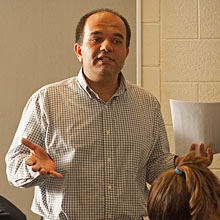
Professor of Political Science
Chair of Political Science Department
Office
Knapton 201
Contact



